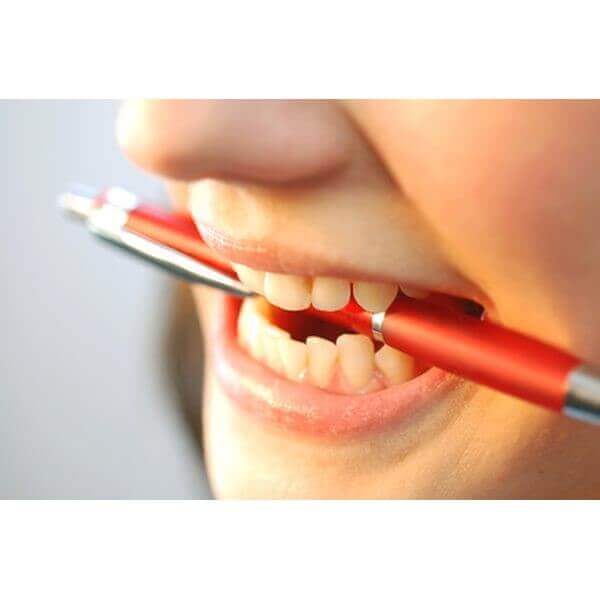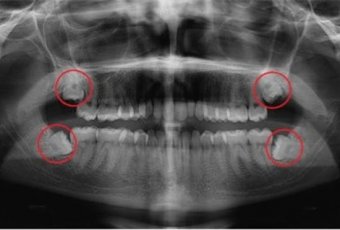Do you grind your teeth or clench your jaw in your sleep? Perhaps you wake up in the morning with a sore jaw or have regular headaches? If this is the case, you may have Bruxism and not even know it!
This is very common with many of our patients. Bruxism can go undiagnosed for such a long time that it becomes habitual and just something patients ‘put up with’. At Terrigal Dental, we take a special interest in Bruxism cases. There are many symptoms, causes and treatments available, so why not stop it before it gets worse!
Bruxism can be caused by an array of biological, psychological and external factors. This includes, but is not limited to stress, anxiety, alcohol, or even an abnormal bite or crooked teeth. Alternatively, some clench their teeth as a coping strategy or to assist during deep concentration or to improve focus. It is harmful as it causes excessive wear on your teeth over time, as well as jaw tenderness and discomfort. Some patients grind their teeth so aggressively that their partners can hear it while the person is asleep!
Over an extended period of time, Bruxism can cause the following:
- your teeth to fracture, loosen or break off
- teeth sensitivity
- injury to the joints and muscles in your jaw and/or face
- ear aches
- disrupted sleep
It is important to identify Bruxism before it becomes habitual as it will be easier to correct any damage. Here are some tips to stop teeth grinding:
- Avoid caffeine, alcohol, energy drinks and foods with high levels of sugar in them
- Avoid chewing gum as it allows your jaw muscles to get used to and comfortable to the clenching action
- If you notice that you are clenching throughout the day, place the tip of your tongue between your front teeth, training your muscles to relax
- Engage in relaxing activities before bed and stretching exercises to encourage relaxation of the muscles
- Try stress management and cognitive behaviour therapy
In addition to the above, our dentists at Terrigal Dental can provide a custom fit mouth guard made to perfectly fit your mouth. This will provide a cushion in between your upper and lower teeth so they don’t directly meet. The guard is strong enough to withstand the pressure of your jaw clenching, but comfortable enough to sleep with it in. It will prevent the erosion of the enamel and should assist with those nasty headaches and pains in your jaw which Bruxism causes.
Through regular dental visits we will be able to monitor how your jaw and teeth change as a result of the mouth guard, and alter it accordingly to get the best result for you.



